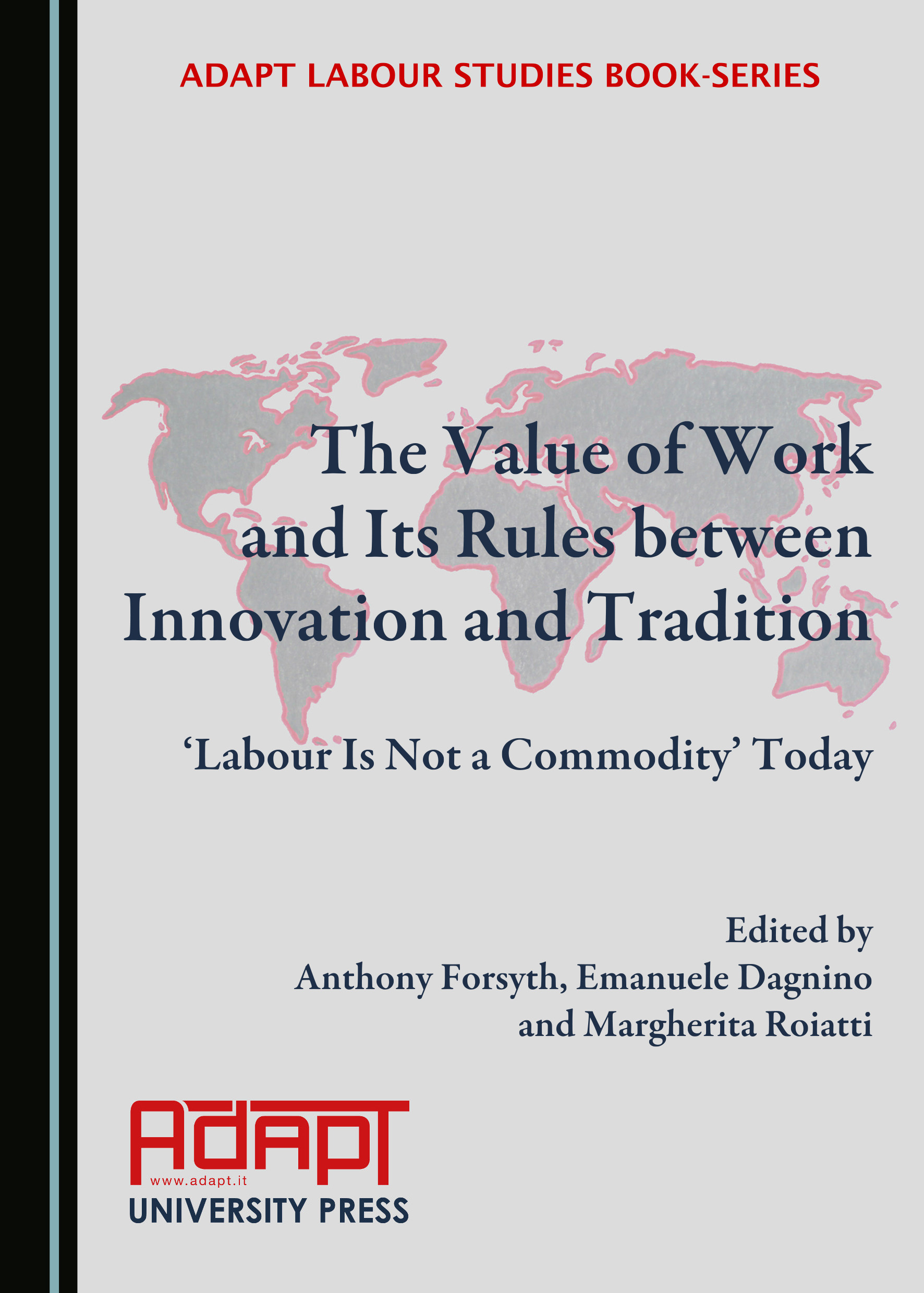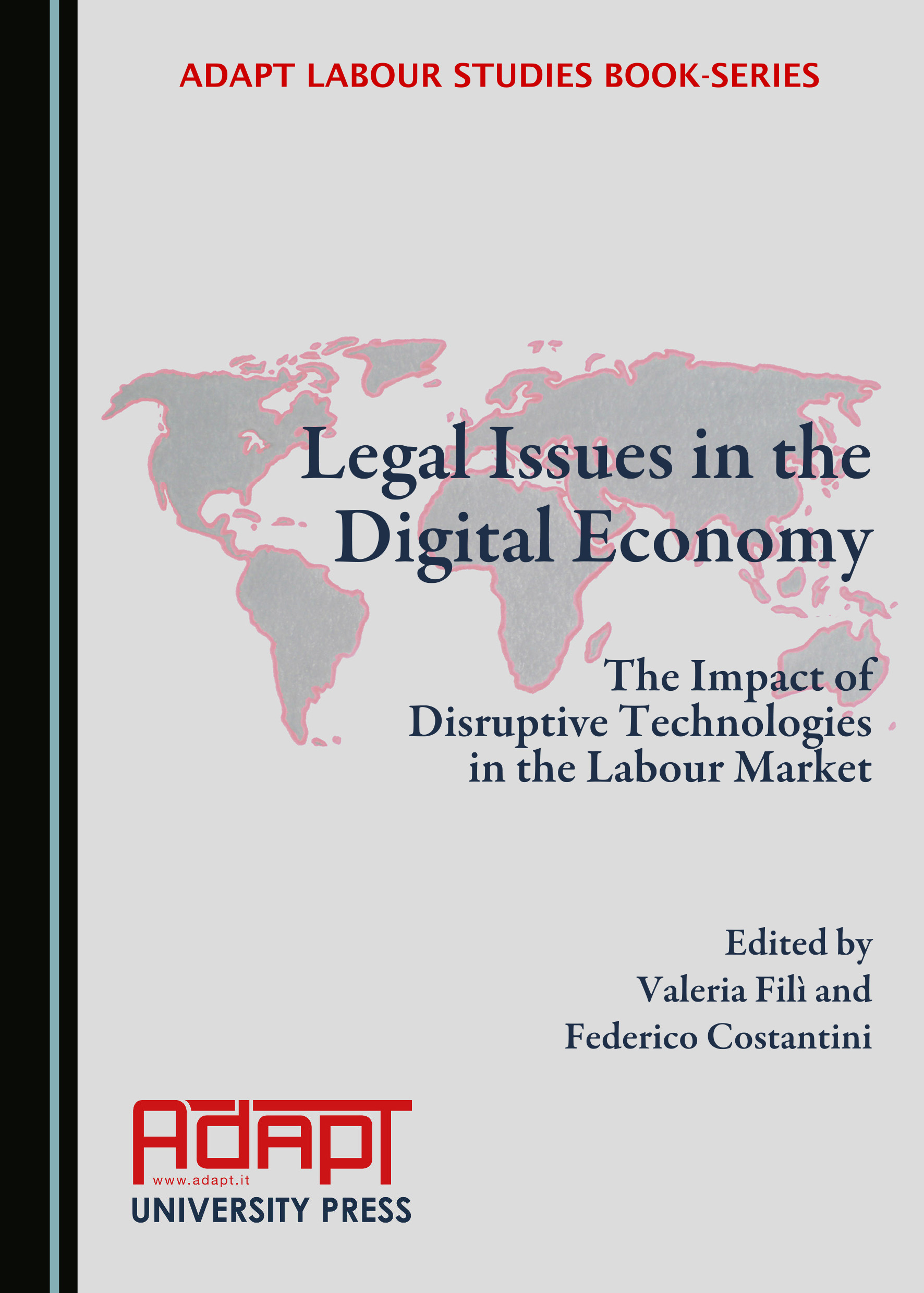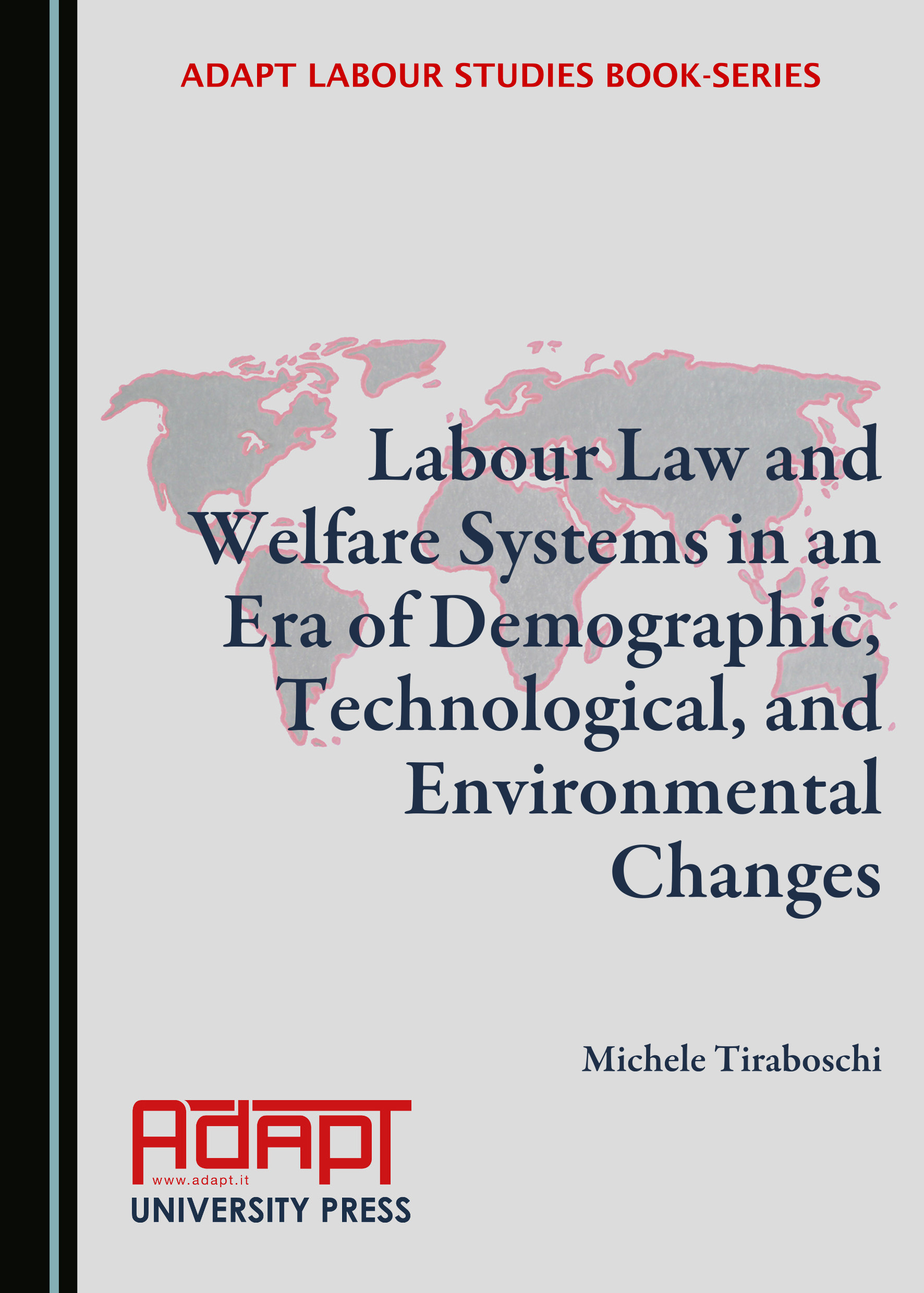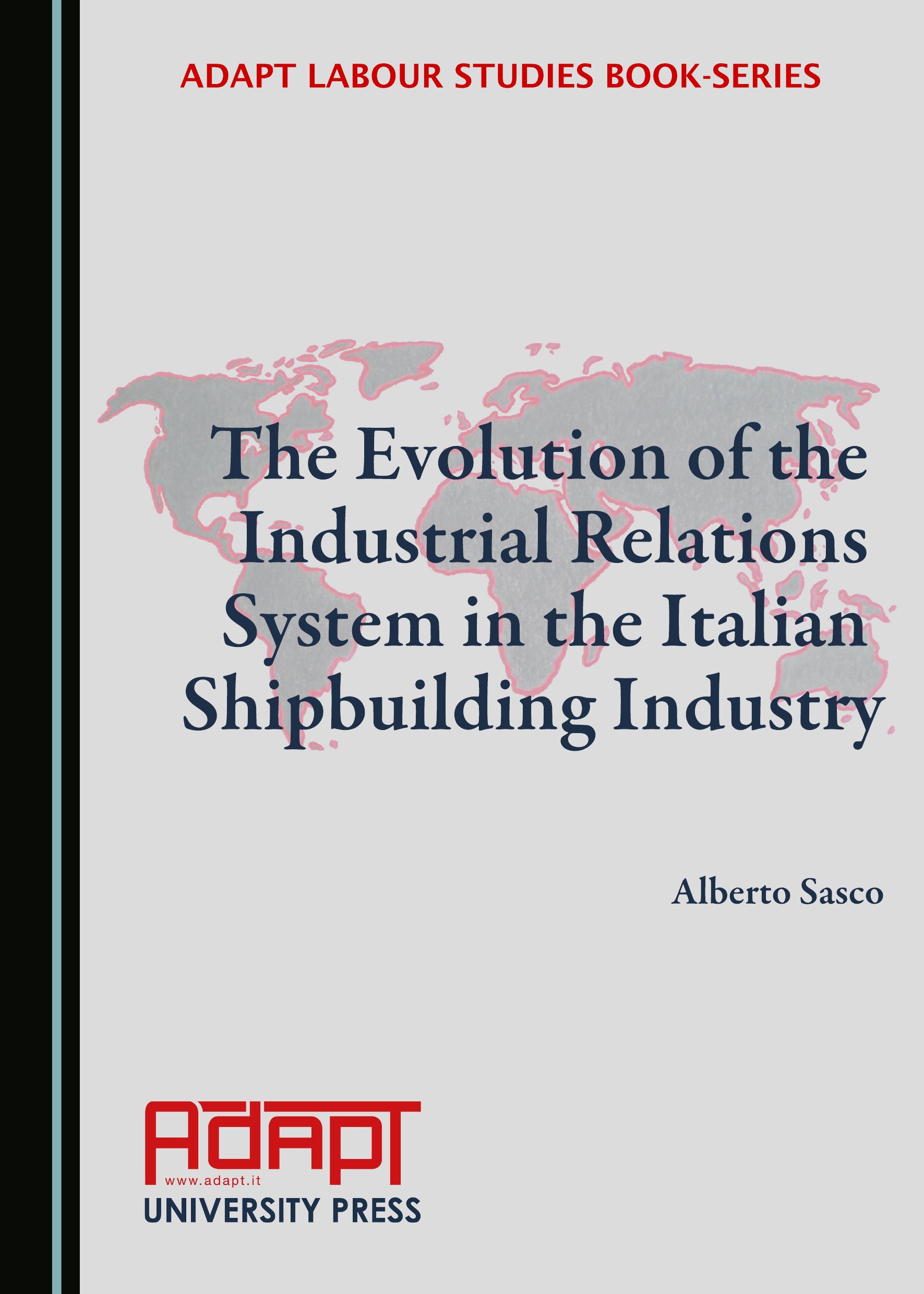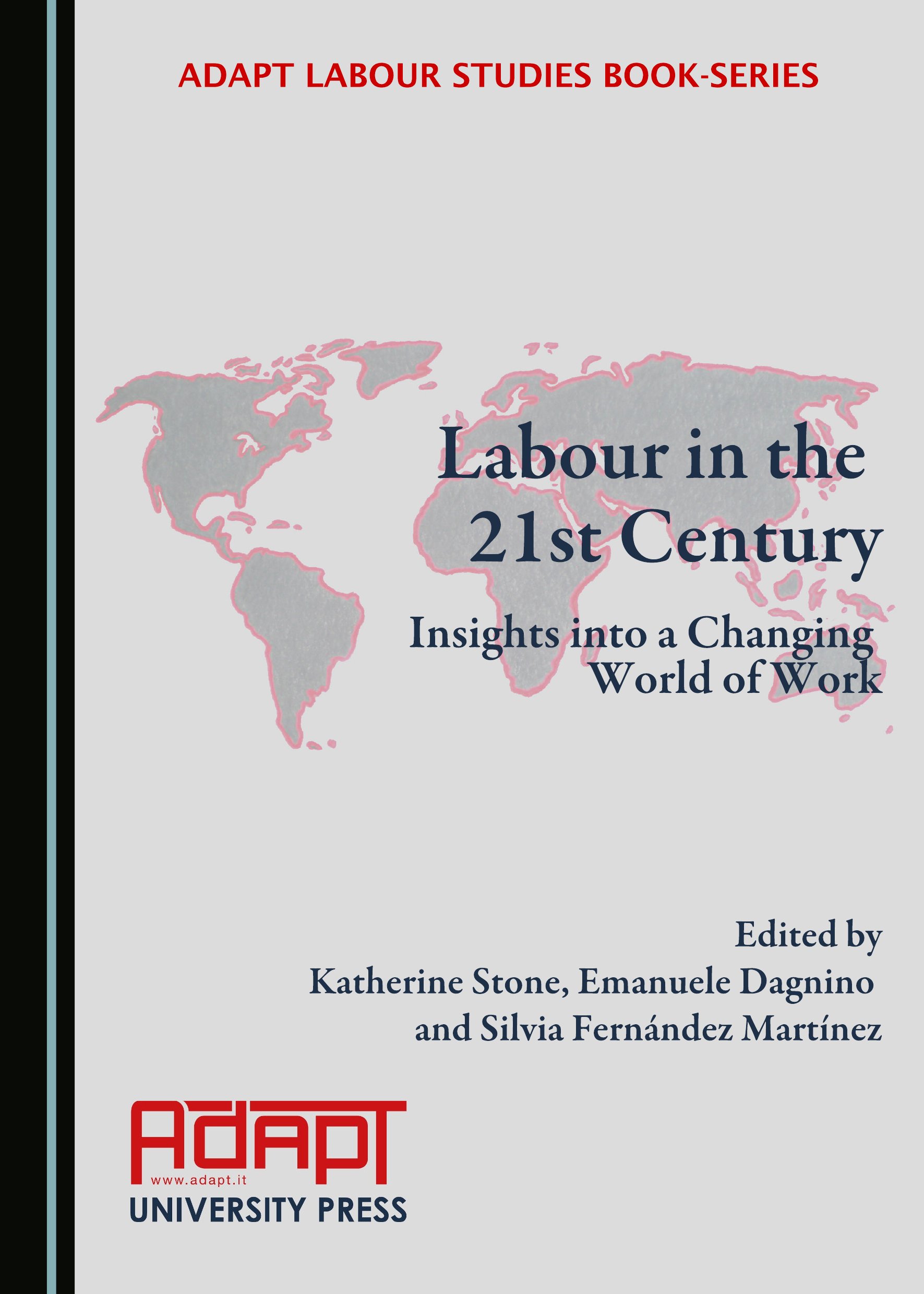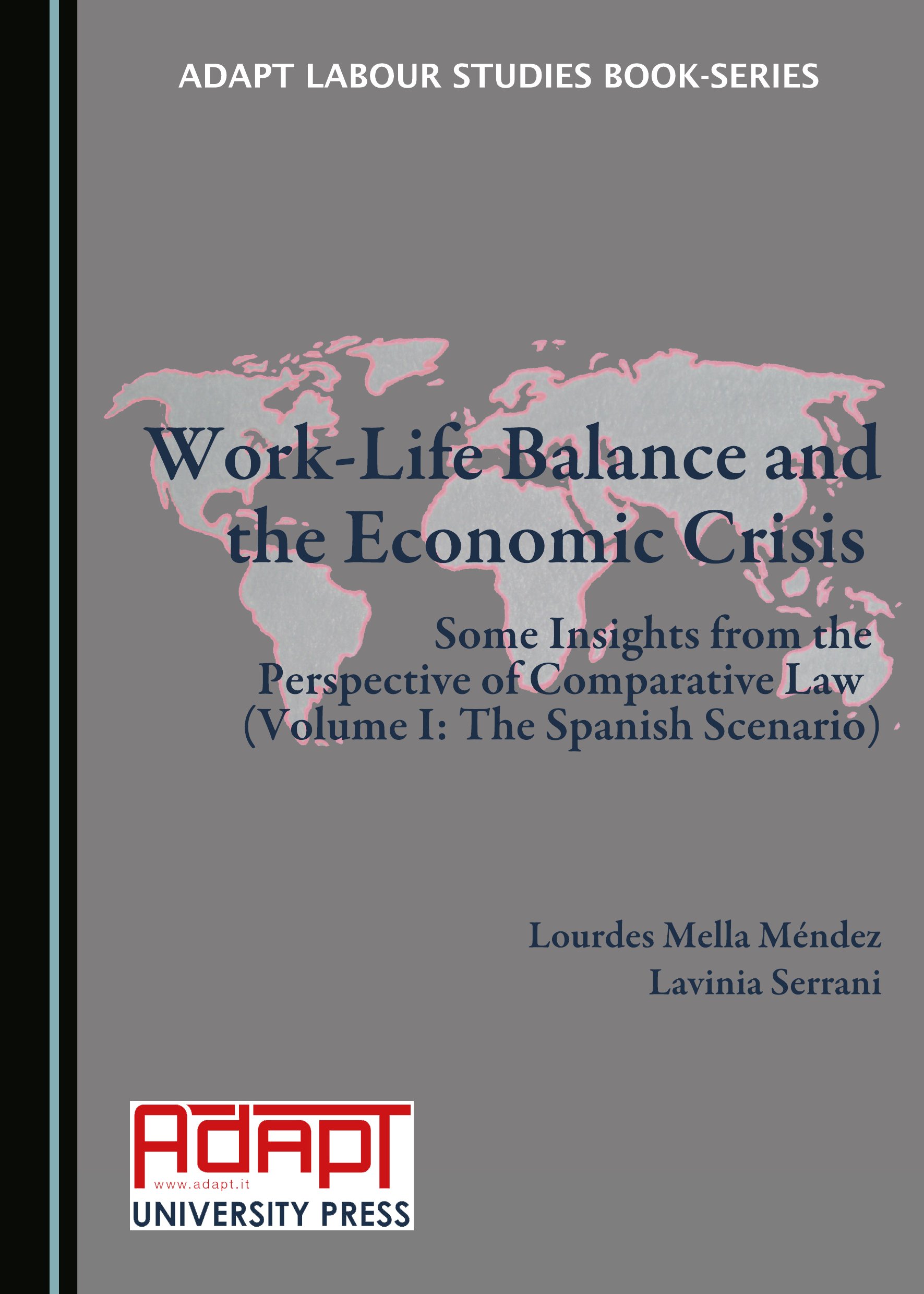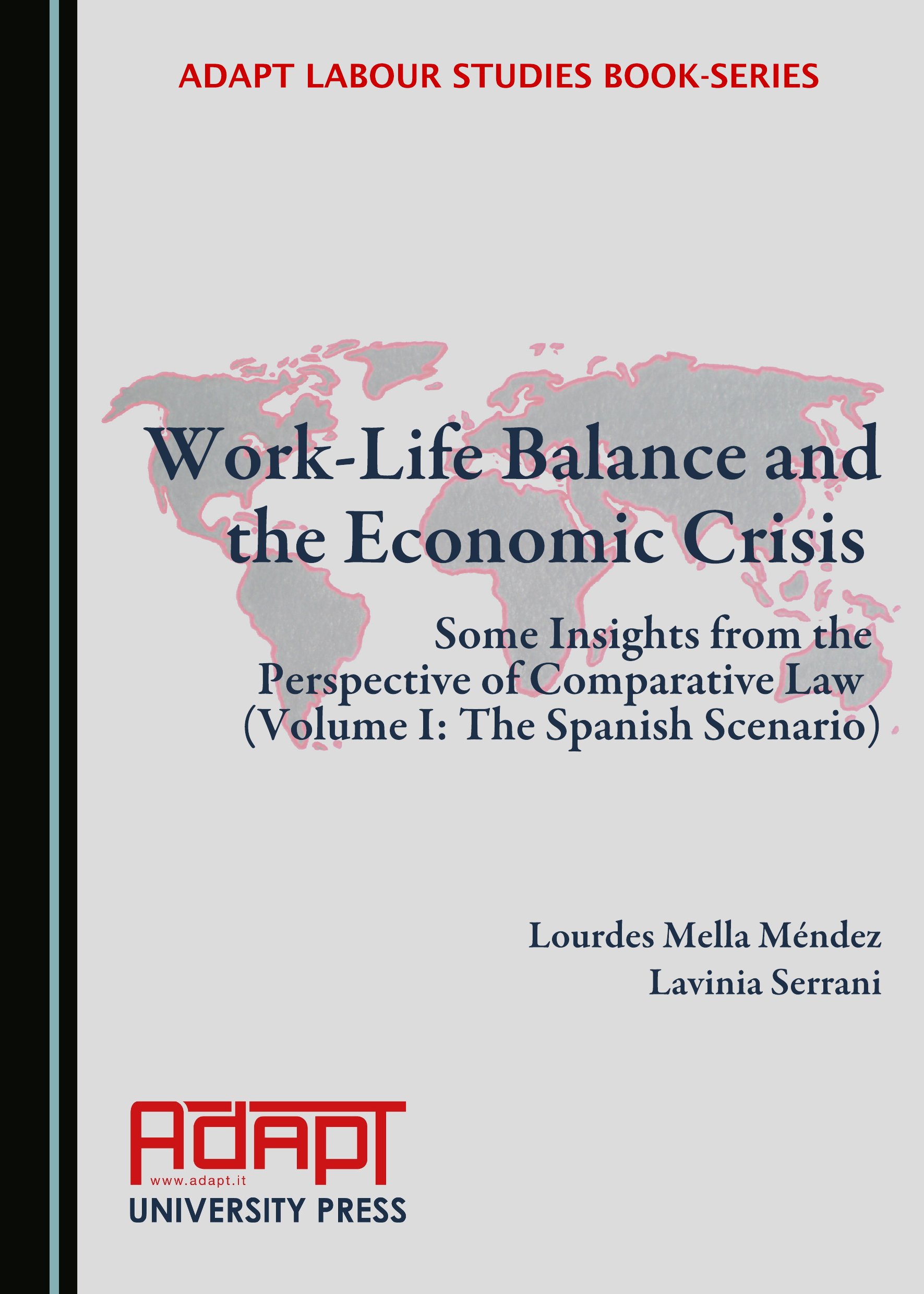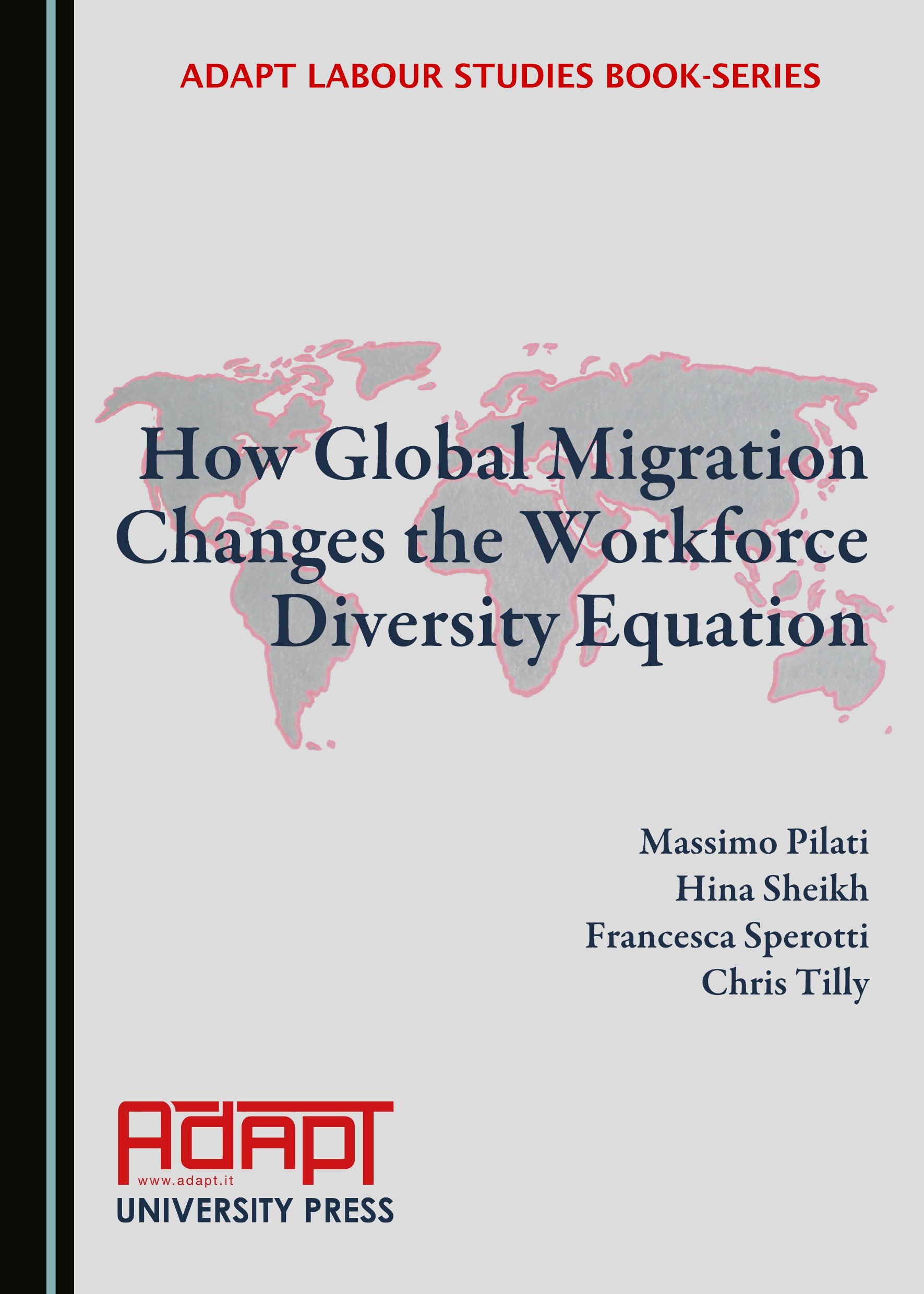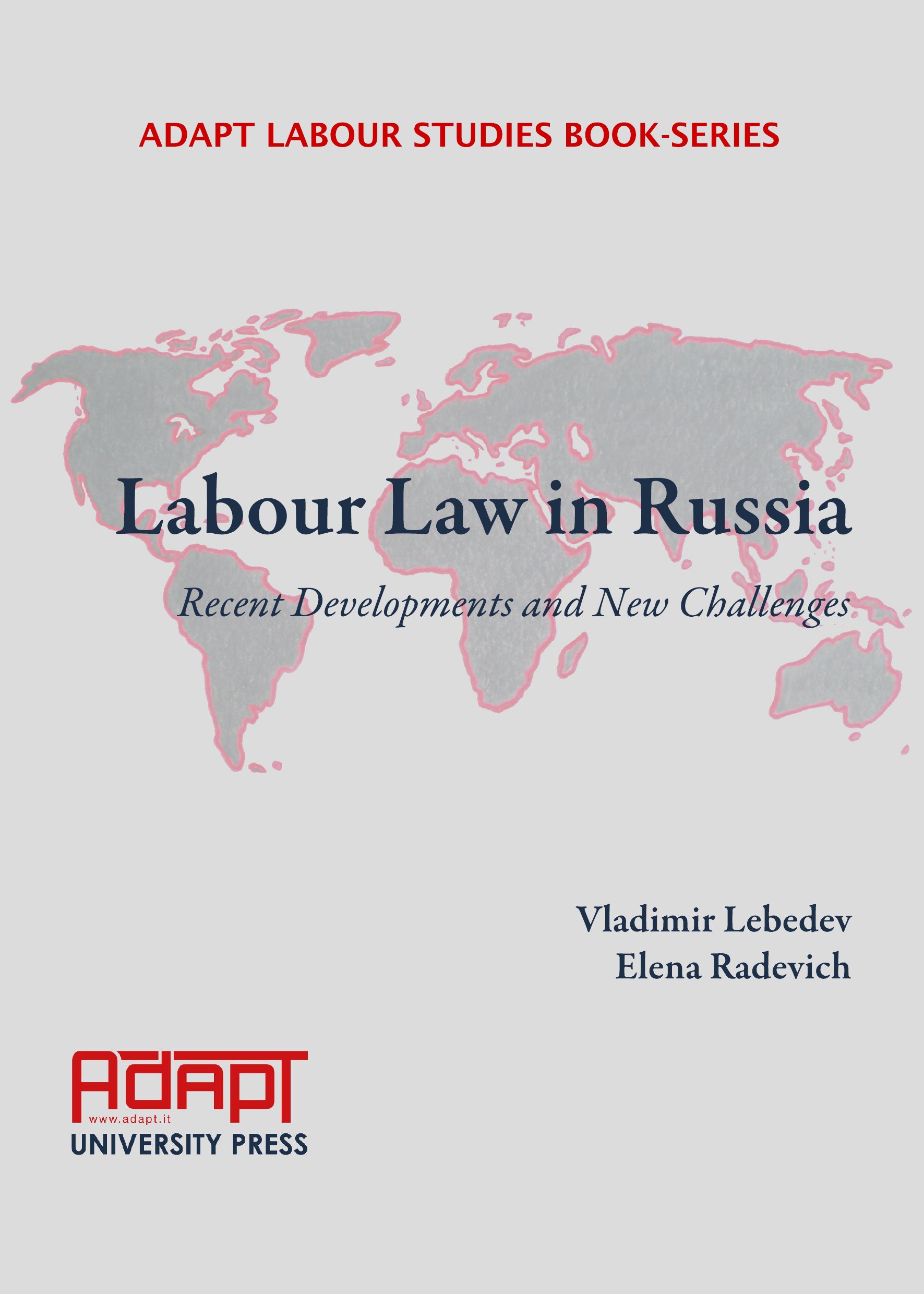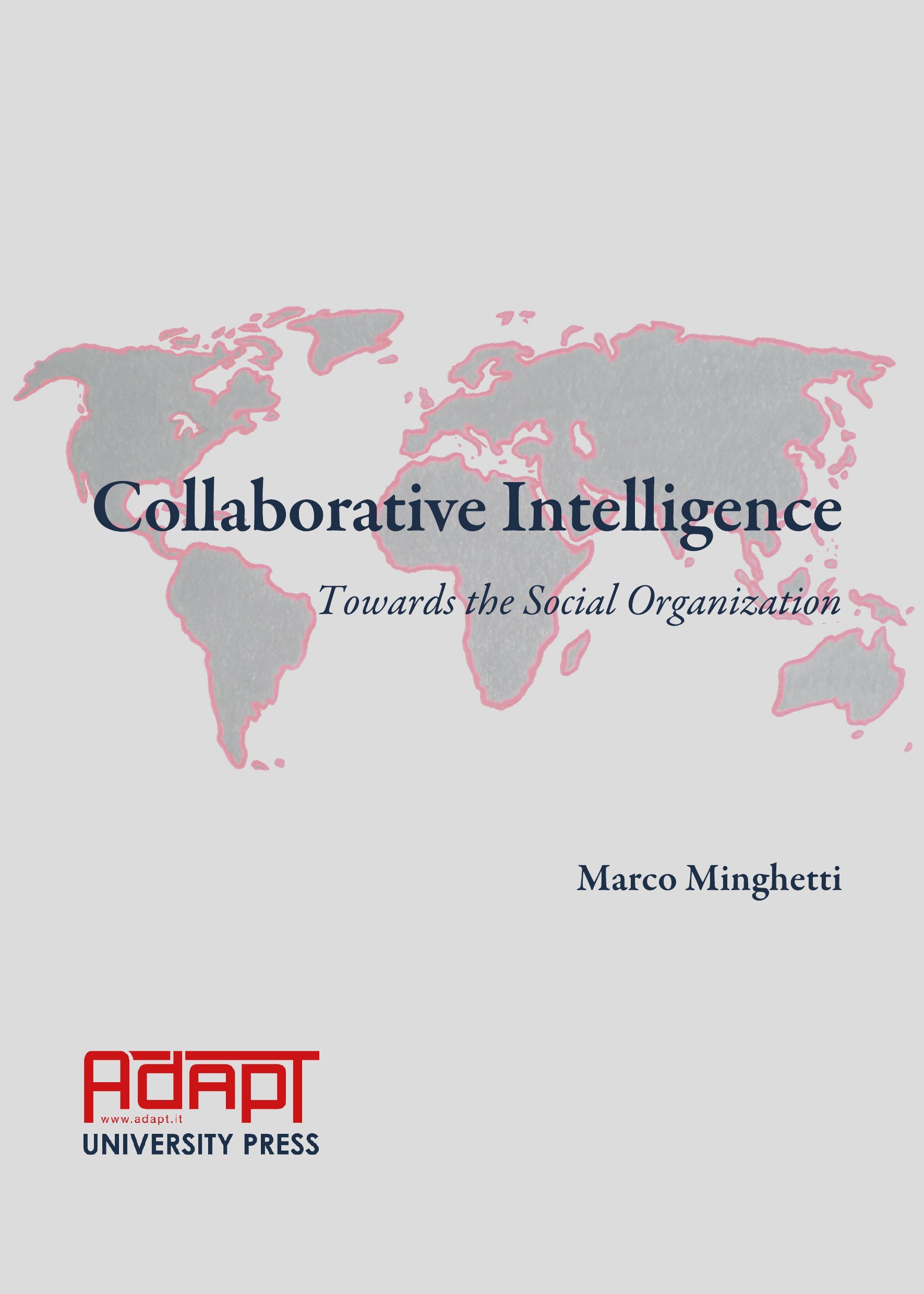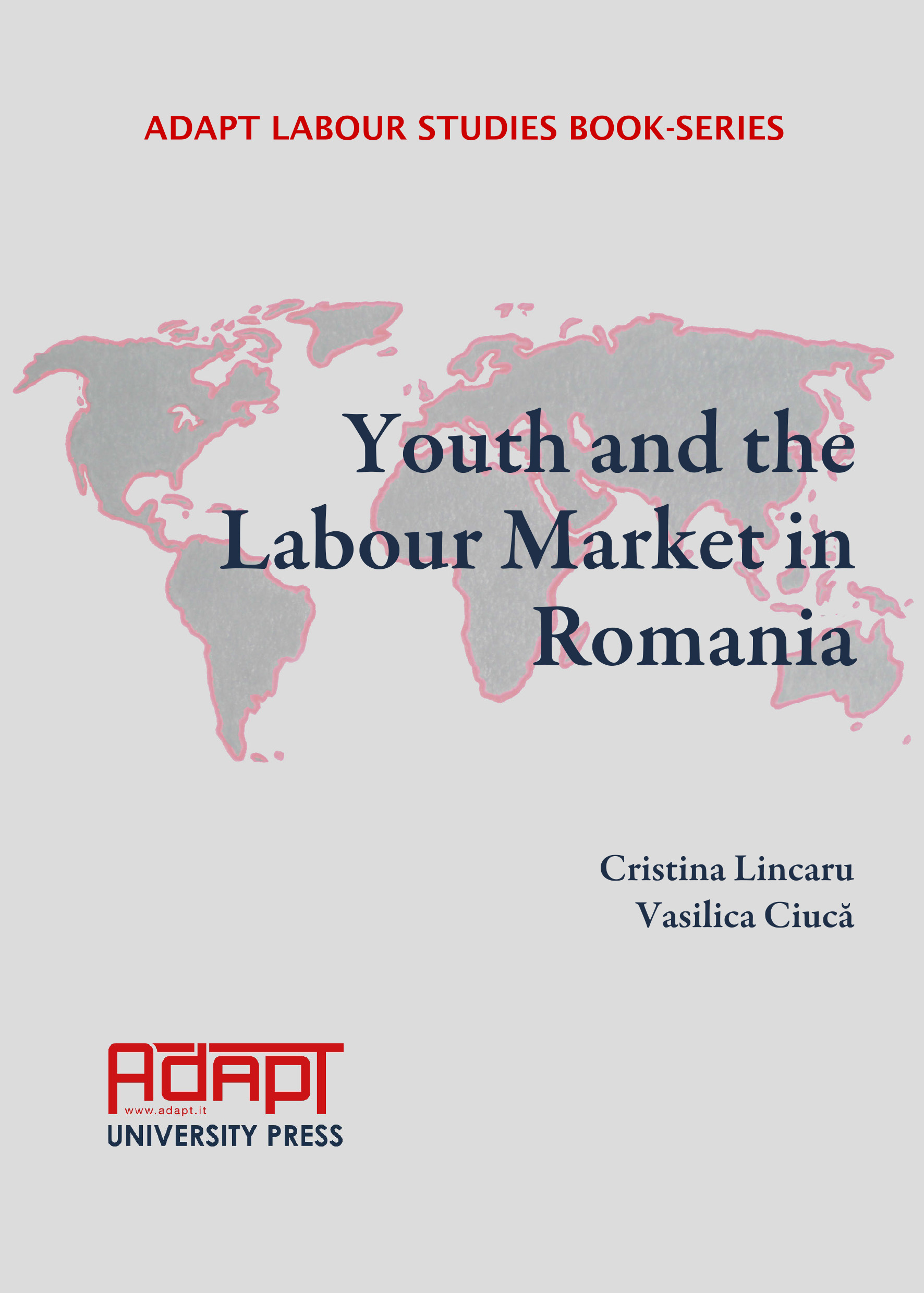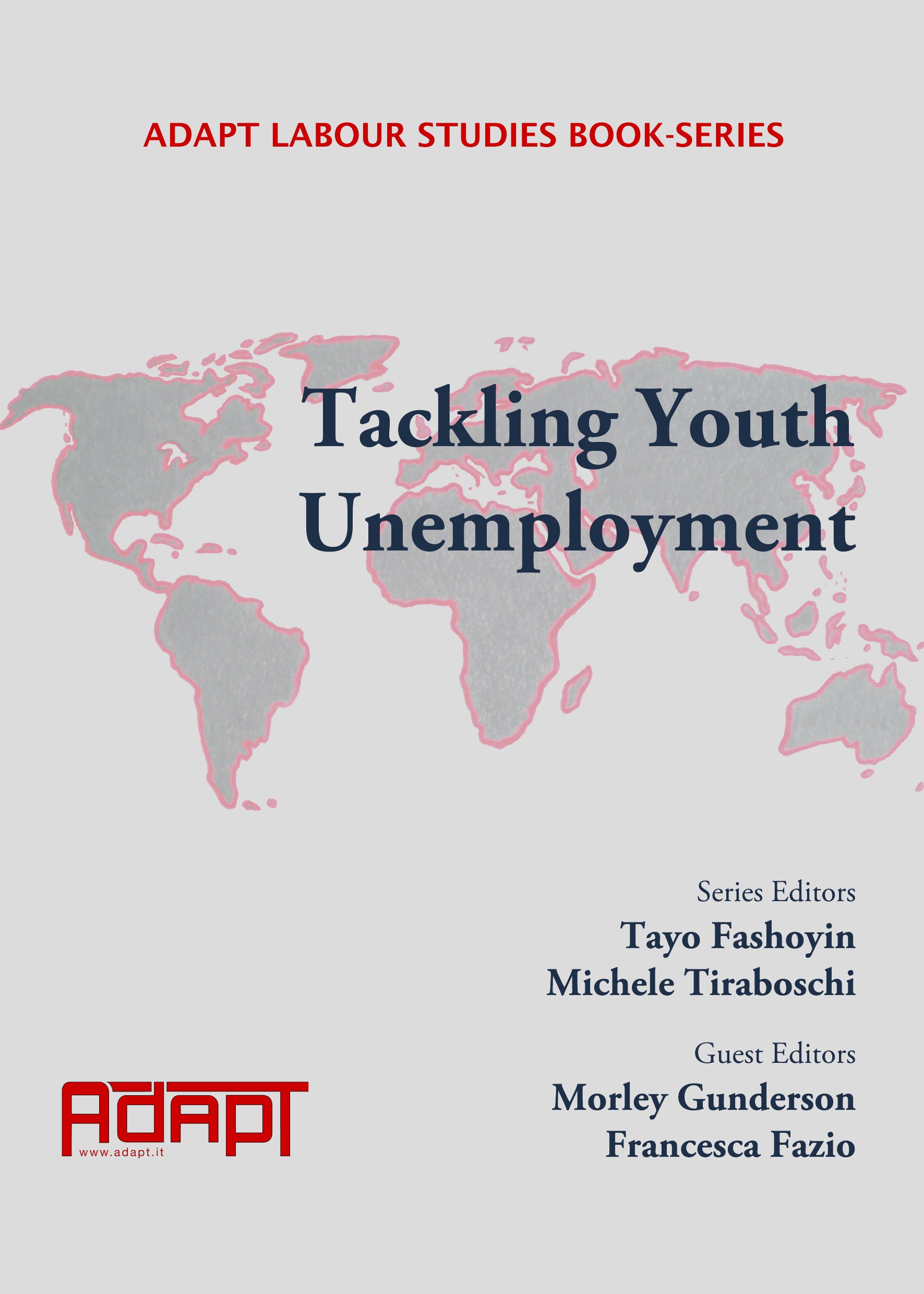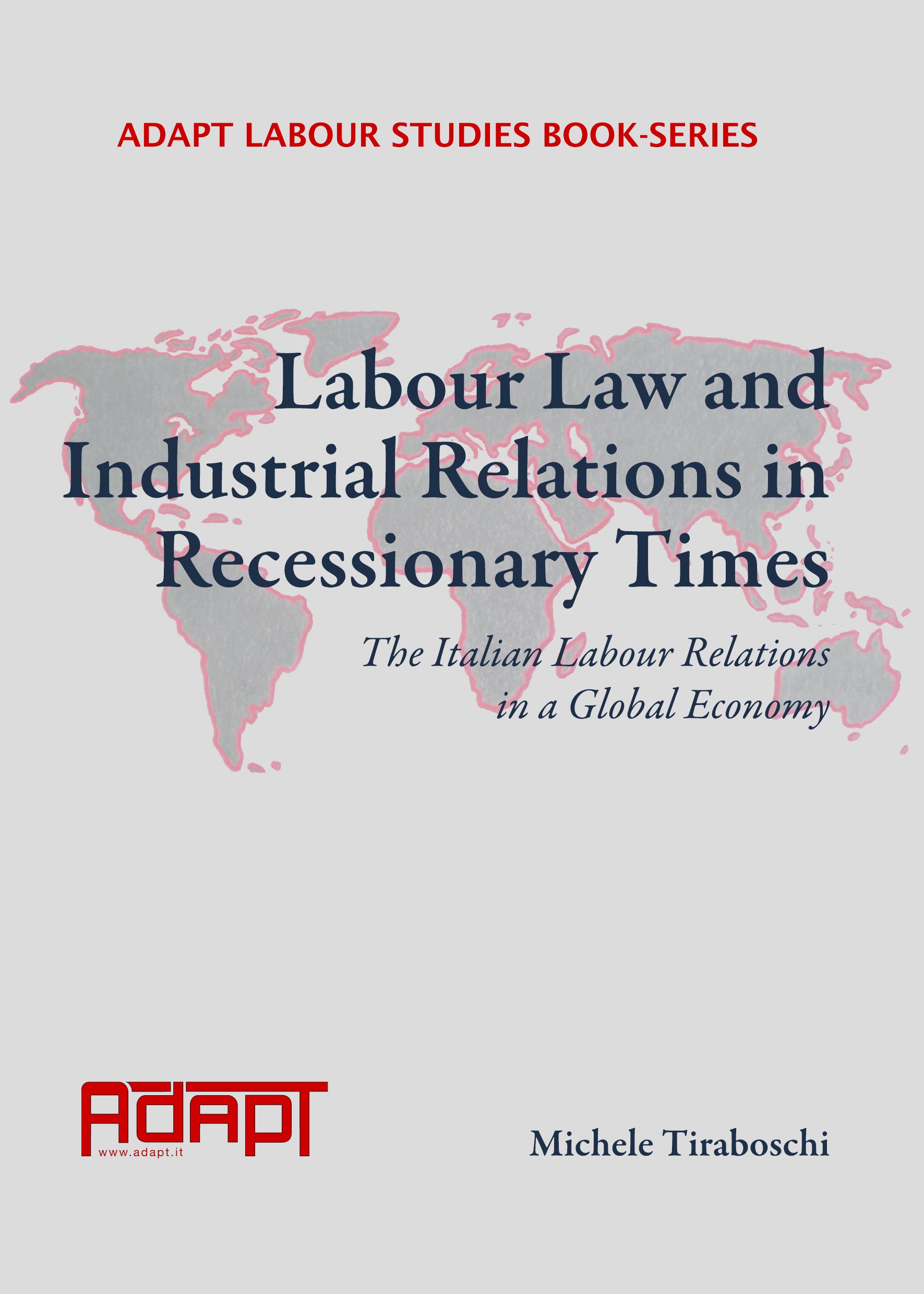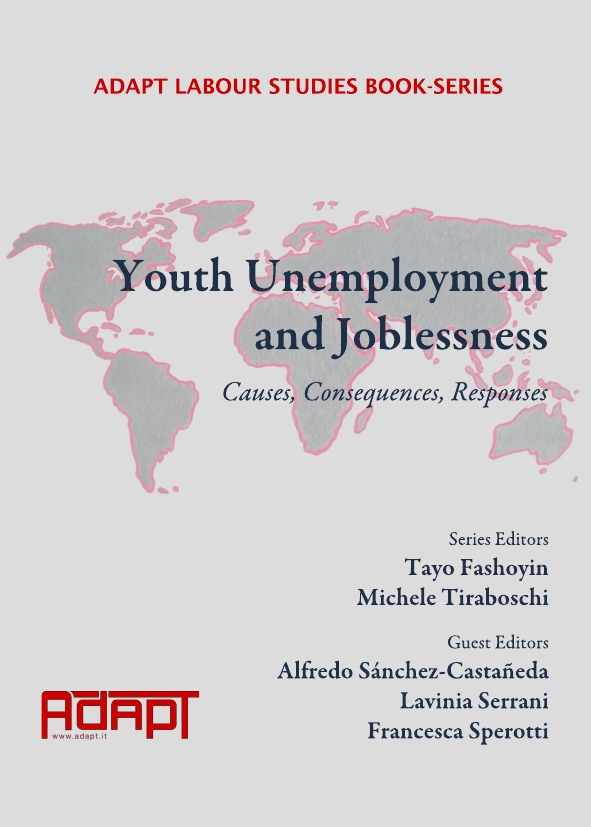ADAPT Labour Studies Book-Series
The Labour Studies Book-Series published by ADAPT - the Association for International and Comparative Studies in the field of Labour Law and Industrial Relations (www.adapt.it) - has been established with the aim of providing a focus on labour issues from an international and comparative perspective. Relevant topics include, but are not limited to: employment relations, human resource management, health and safety, psychology, sociology, labour economics, politics, labour law and history.
More specifically, this might include research and new developments with regard to comparative collective and individual labour issues, equality and discrimination, transitions to work, public policy and labour regulation, vulnerable workers and precarious working, employment productivity and international labour institutions. The intention is to achieve a better understanding of these and other issues and to cast light on the debate arising in these areas, always considering an interdisciplinary approach.
Michele Tiraboschi is full Professor of Labour Law at the University of Modena and Reggio Emilia; Visiting Professor at the University of Paris Pantheon-Assas (Paris II), at the Middlesex University (London) and at the Universidad Tres de Febrero (Buenos Aires). He is also Director of the “Marco Biagi Centre for International and Comparative Studies” and Director of the ADAPT International School of Higher Education in Labour Law and Industrial Relations. From 1996, he has been the consultant and legal advisor of several Italian Ministries of Labour (for both centre-left and centre-right coalition governments) and a member of the scientific committee of trades unions (Cisl) and employer associations (Confindustria, Confprofessioni).
In 2010 he was consultant to the Estonian Minister of Labour in the area of conflict of interest. From 2002 to 2008 he was appointed by the President of the Italian Republic as a member of the Guarantee Committee for the implementation of the Law on the Right to Strike.
Tayo Fashoyin joined the International Labour Organisation in 1994. He served in several positions, including Director of the Industrial and Employment Relations Department (DIALOGUE), at the ILO Headquarters in Geneva. Prior to that, he was Director, ILO Sub-Regional Office for Southern Africa, based in Harare, Zimbabwe.
Tayo Fashoyin is Secretary of the International Labour and Employment Relations Association (ILERA), the global body for industrial relations scholars, practitioners and administrators.
Beginning his academic career as Research Fellow in the Human Resource Research Unit at the University of Lagos, Nigeria in 1976, Tayo Fashoyin rose to become Professor of Labour and Industrial Relations in the Faculty of Business Administration, University of Lagos in 1985. He held several positions as a Senior Fulbright Research Fellow at the Wharton School, University of Pennsylvania and Visiting Professor of Comparative Industrial Relations, Faculty of Commerce at the University of British Columbia, Vancouver, Canada.
He also served as Special Adviser to the Minister of Employment, Labour and Productivity, Federal Government of Nigeria during 1990-1994.
In 1981, he received his D.Phil degree in Labour Economics from the University of Sussex, Brighton, England. He completed his MA in the School of Management of the University of Minnesota, Minneapolis, U.SA and his AB degree from the University of Illinois at Chicago, USA.
Tayo Fashoyin has written and published widely on comparative labour and industrial relations, in Africa and the developing countries. His research has focussed on topics related to industrial relations and labour market governance, and has served as consultant on various labour market issues. An author of five books and a large number of articles in prestigious journals like International Journal of Comparative Labour Law and Industrial Relations, Journal of Industrial Relations and International Labour Review he has also written a number of reports at the ILO.






